The Power of Possibility offers a different path—one rooted in education as an aid to life. This approach invites us to see differently, support differently, and uncover what is possible when Montessori’s principles guide our inclusion, support, and intervention practices.
This 5-session workshop introduces the Power of Possibility framework and the Keys & Bridges model—practical tools for reimagining inclusion in Montessori environments. Unlike traditional intervention models, which often focus on correcting behavior or remediating “deficits,” The Power of Possibility equips educators to:
• Recognize all behavior as communication—a message about needs, drives, and self-construction.
• Prepare environments that are agile, adaptive, and aligned with developmental needs.
• Honor each child’s unfolding process of becoming, rather than imposing a fixed path.
• Build inclusive systems where support is woven into the daily life of the classroom— not added on as a separate program.
When we embrace Montessori’s vision of education as an aid to life, we see that a fully prepared environment already holds the conditions for every child to thrive—without parallel systems or add-ons. These environments, intentionally designed and tended, nurture autonomy, competence, and belonging for all children, regardless of ability, difference, or circumstance.
Instead of importing traditional interventions into Montessori, participants will discover how the prepared environment, the prepared adult, and the child’s own process of self construction create a timeless roadmap for meeting the needs of all learners.
By the end of this workshop series, participants will:
• Reframe their lens – Shift from deficit- or diagnosis-driven approaches to a strengths-based mindset rooted in Montessori principles and the call to be an aid to life.
• Recognize behavior as communication – Understand that all behaviors are messages about needs, developmental drives, and self-construction.
• Leverage the prepared environment and prepared adult as primary interventions – Design and adapt environments and adult practices to meet diverse needs without parallel systems.
• Integrate support into daily practice – Embed inclusive strategies seamlessly into the Montessori work cycle and classroom culture.
• Align support with developmental needs – Address attention/concentration, engagement, integration, regulation, communication, and relationships through Montessori’s natural structures.
• Honor each child’s uniqueness – Create conditions for autonomy, competence, and belonging for every child.
• See Montessori as the model for inclusion – Recognize that when fully prepared, Montessori environments inherently meet the needs of all learners.
The Power of Possibility is inclusion built into Montessori—not added on. When fully prepared, Montessori environments empower every child to be, become, and belong.
Workshop Topic Schedule:
Session 1 – Shifting the Lens
Reframing inclusion and support: why we must move beyond diagnostic labels and deficit based thinking. Discover how observation, mindset, and environment form the foundation for possibility.
Session 2 – The Keys & Bridges Framework
An introduction to the essential keys (core conditions that support development) and bridges (practical pathways to connection and growth) that transform classroom practice.
Session 3 – Attention & Concentration
Understanding the developmental roots of focus, what supports it, and how to respond when attention wavers—without resorting to control-based strategies.
Session 4 – Disengagement, Dysregulation, and Communication
Exploring how challenges in regulation and communication are invitations to connect, not disruptions to manage. Learn how to create conditions that invite engagement and trust.
Session 5 – Relationship as the Heart of Inclusion
Why relationship is not just a byproduct of good teaching—it’s the foundation for autonomy, competence, and deep learning. Practical ways to strengthen connections with and between children.

